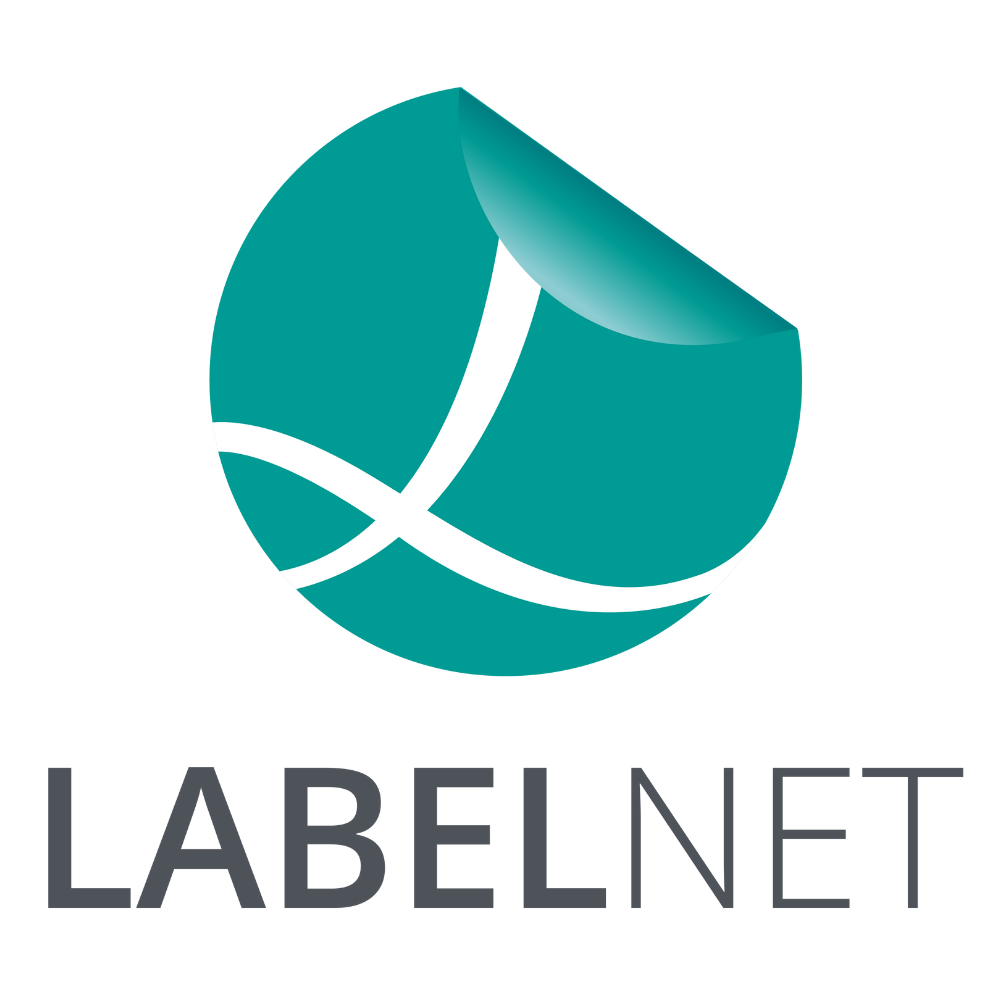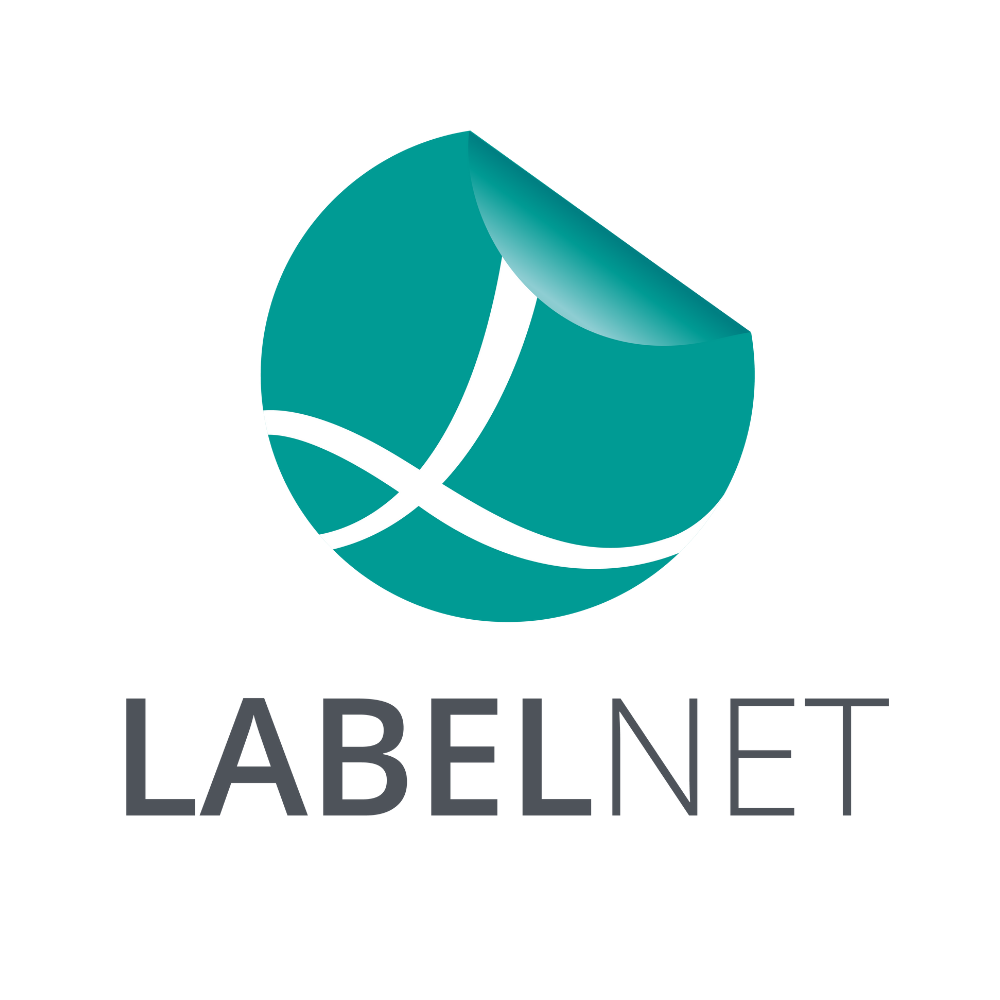Eco-Friendly Label Materials Redefining Packaging in 2024
In the rapidly evolving landscape of sustainable packaging, labels play a pivotal role in promoting eco-awareness. As we step into 2024, the demand for sustainable labels has surged, prompting the label printing industry to explore innovative materials that align with environmental values and consumer preferences.
Here, we explore some of the cutting-edge sustainable label materials that are revolutionising brand packaging in 2024.
Recycled Paper Labels: Recycled paper labels are crafted from reclaimed paper materials, giving a new life to post-consumer waste. They contribute to lower deforestation rates and significantly lessen the environmental impact linked to label production, while preserving top-notch print quality and appearance. There are a range of recycled papers to choose from offering various textures and thickness.
Recycled PP Labels: Recycled PP (polypropylene) labels are crafted from previously used PP materials, contributing to a more sustainable approach in label production which help reduce waste and environmental impact. The material looks identical to a standard PP with a semi-gloss appearance so are a popular choice and easy switch without it effecting the labels visually.
%20(1).png?width=1256&height=223&name=Hubspot%20Blog%20Images%20(15)%20(1).png)
Biodegradable Labels: Biodegradable simply means that an item will break down over time as a result of natural processes. These materials can decompose in various environments, including landfills, oceans, or compost facilities. The labels break down naturally, minimising environmental impact and offering a greener end-of-life solution for packaging.
Compostable Labels: Compostable materials are a subset of biodegradable materials but with a specific characteristic. These items break down into natural elements under specific conditions within a composting environment. Compostable label materials, including those made from plant-based sources like sugar cane are becoming increasingly popular. need specific levels of heat, moisture, and microorganisms present in a compost facility to break down efficiently with no toxic residue.
Wash-off Labels: Labels designed to detach easily during the recycling process contribute to enhancing the recyclability of packaging. A PP label has been specifically created to adhere to PET packaging which is 100% recyclable due to the label detaching during the recycling process to ensure the packaging can be fully recycled. Wash-off labels facilitate the separation of paper and adhesive, streamlining the recycling process and reducing contamination.
FSC Certified Labels: Labels bearing the Forest Stewardship Council (FSC) certification indicate responsible forest management. When you see an FSC label, it means the product has met the stringent standards set by the Forest Stewardship Council, ensuring it's sourced in an environmentally and socially responsible way. FSC-certified materials guarantee that the paper in labels comes from forests managed responsibly, backing biodiversity and ethical sourcing.
%20(1).png?width=2250&height=400&name=Hubspot%20Blog%20Images%20(14)%20(1).png)
The use of these eco-friendly label materials in 2024 shows everyone's dedication to cutting down packaging's impact on the environment. Brands in all sorts of industries are using these materials to match eco-friendly goals and cater to eco-conscious shoppers' changing tastes. Plus, it could assist businesses in snagging their ISO 14001 Environmental Accreditation.
As sustainability continues to drive innovation in the label printing industry, businesses are empowered to make eco-conscious choices that not only enhance brand credibility but also contribute to a healthier planet.
To sum up, the range of eco-friendly label materials in 2024 marks a big change towards packaging that's more responsible. Brands using these labels aren't just following a trend; they're leading the way towards a sustainable future where packaging meets what consumers want without harming the environment.
Check out the full sustainable label range at Labelnet and request your free sample pack to start your eco-friendly transition today.



%20(1).png?width=1256&height=223&name=Hubspot%20Blog%20Images%20(13)%20(1).png)